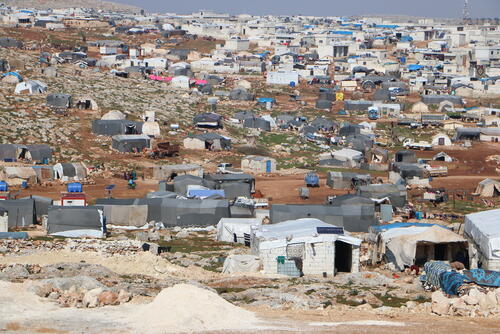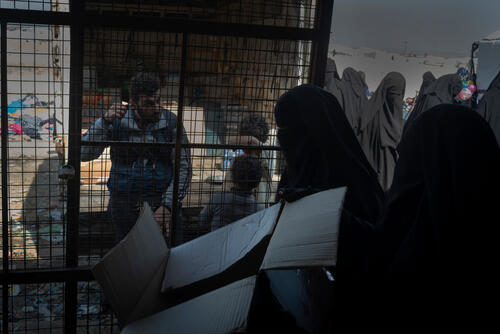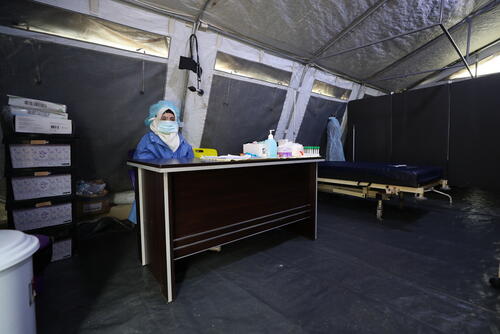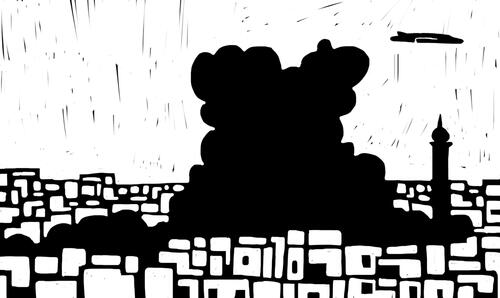In February Dr Mustafa Ajaj told MSF about the situation in Takad, a city in rural western Aleppo province, Syria, which was sheltering large numbers of displaced families who had fled northwards to escape the offensive by Syrian government forces and their Russian allies. Dr Ajaj managed the MSF-supported primary health centre in Takad until the frontline got dangerously close and he was forced to look for a safer location for the health centre. It has now been relocated to an empty building in Deir Hassan camp, where 120,000 displaced people are staying. MSF is also running a mobile clinic in Deir Hassan camp.
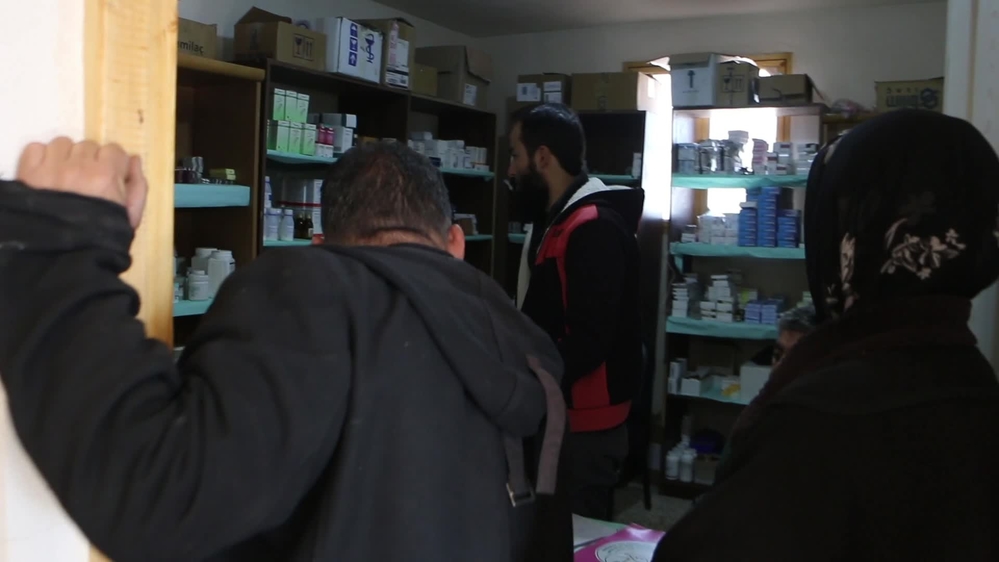
Testimony from the field - Mustafa Ajaj
Previously, there were around 20,000 people in Takad – 12,000 locals and 8,000 displaced people. But on the day after we last spoke [in mid-February], people started fleeing Takad, and by the third day there were no families left in the city.
Along with everyone else, we fled the bombing and headed for Deir Hassan because, for the moment, it’s relatively safe here. There’s a huge gathering of displaced people who have set up tens of settlements in the area. There are more than 120,000 displaced people in Deir Hassan, but not a single health centre. That’s why we chose this place.
That first day we moved only the essentials that we could carry, because there was heavy bombing going on and we couldn’t take everything.
There are no civilians at all in Takad now – there are only fighters. The regime has taken Basratoun, only 10 kilometres west of Takad, and Takad is now on the frontline.DR MUSTAFA AJAJ
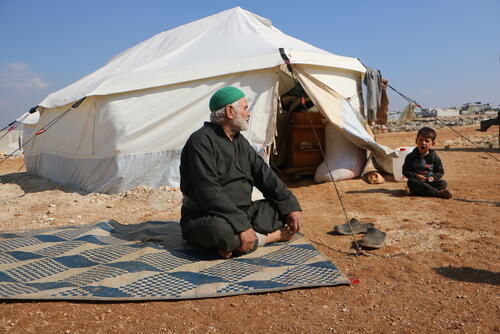
We took the lab equipment, the ultrasound and the cardiac monitoring equipment. Initially we left it all at Termanin, which is a safe area close to Takad, and then we moved it to Deir Hassan when things calmed down a bit, because the regime is now attacking rural southern and eastern Idlib province. Over the past three or four days we’ve managed to move everything, with the support of MSF who paid all the transport costs.
We have one doctor of internal medicine, one paediatrician and one gynaecologist. In just four hours we received 60 to 65 children, and at 11am we had to stop receiving patients because we couldn’t handle any more. We are overwhelmed.
Amongst the children, we are seeing many cases of bronchitis, because they’re living in a camp and because of the weather, and also cases of otitis [ear infections].
Today we have a large number of patients, even though the health centre isn’t yet widely known about. I can’t imagine what it will be like once we become well known.DR MUSTAFA AJAJ
Amongst the adults, we are seeing colitis, gastritis and pharyngitis [inflammation of the colon, stomach and throat]. We’re also seeing upper respiratory tract infections amongst both children and adults.
I’m now living in Al-Dana, where I moved with my family – this was the fifth time we’ve been displaced. My children haven’t been to school for a month, ever since the fighting began. Most of the children in the camps are out of school.
New people are arriving in the area, but they’re not coming to Deir Hassan camp, because it’s full here. Instead they’re setting up their tents two or three kilometres away. People are dependent on aid, but there just isn’t enough to go around.”



